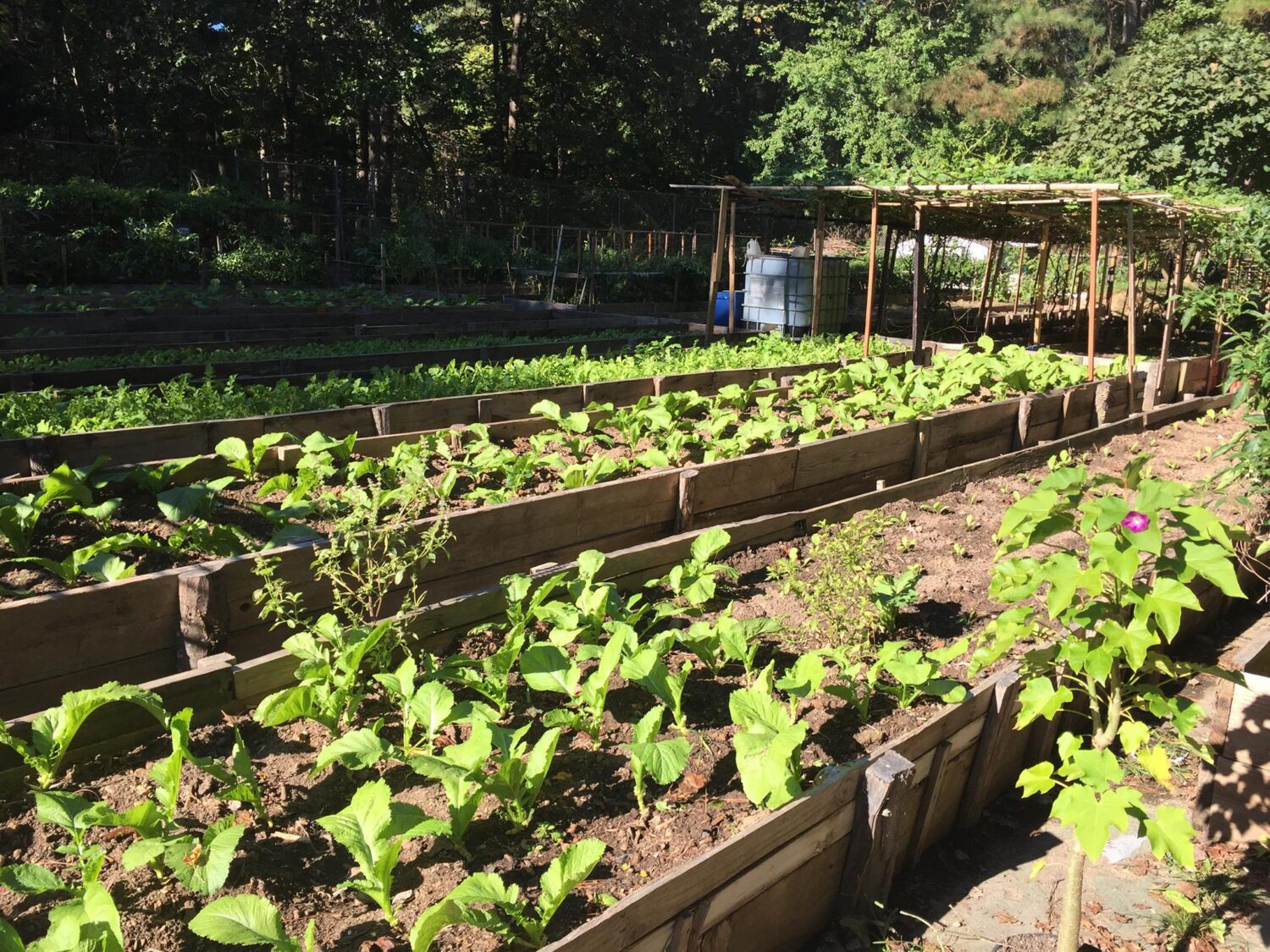Teaching Philosophy:
I teach courses to aid students in developing as social scientists and to be citizens of a democracy who have an obligation to the public use of reason. The public use of reason is not about our private ideology, but about how rational, empirical citizens conduct themselves in the formation of a society that is constantly evolving and improving. I work for students to think critically, in both utopian and pragmatic ways, that go beyond the purely instrumental. We must be able to grapple with both the question “what is?” a descriptive question, and the question “what ought to be?” a normative question. Sapere Aude! Dare to Know!
SOC 400 – Theories of Social Structure:
This course focuses on classical macro and meso-level sociological theories. The course is framed as a debate in classical political economy and the role of social structure in the functioning of the economy. Students will be introduced to the work of Karl Marx, Max Weber, Emile Durkheim, W.E.B. DuBois, Charlotte Perkins Gilman, Marianne Weber, and Jose Carlos Mariategui. By the end of the course, students should be able to: 1) understand theorists’ concepts and ideas about society and social change, 2) understand differences among and relationships between the theories addressed, and 3) apply theories to understand contemporary social issues.
SOC 449 – Sociology of the Border:
Sociology of the Border provides an intersectional and critical analysis of the historical development and contemporary reality of the US-Mexico border. We focus on the class, race and gender elements that make up the various identities and material circumstances comprising the borderlands. Especially important will be to move from ideas about monolithic groups to a grounded understanding of each group making up the conflict and consensus that defines the border. At times, this has involved cooperation between groups, while at others it has involved violence and subjugation. Further, this class will center Mexican, Mexican-American and Chicano narratives to get beyond the Other and build our sociological imagination. The class is broken up into three parts, beginning with the culture and identity of the border, followed by historical struggles around the border, and ending with an analysis of crimmigration and the drug war.
SOC/ANTH 261 – Technology in Society and Culture:
This course is intended to introduce students to the study of technology as a social, economic, political, and cultural phenomenon. In this course, students are invited to investigate how social forces dictate what kind of technology is developed, how technology develops, who makes a specific thing, and the ecological impact of technology. To address these issues, students learn sociological and anthropological theories of science, environment, technology, knowledge, and power, practice methods for creating and evaluating knowledge about the social world and critically reflect on how that knowledge applies to our lives and the lives of others. The overarching perspective of the course is critical, and seeks to develop historical, empirical, conceptual and theoretical understanding.
SOC 242 – Deviance and Society:
This course is based on the premise that deviance is a socially constructed phenomenon. This means that the attributes, behaviors and conditions humans label “deviant” vary over time and place, as do societal reactions to them. Students will be introduced to agents of social control, both formal and informal, as well as the role such control plays in defining, labeling, and sanctioning deviant behavior. To accomplish this purpose, the material covered in the course is tailored to theories of deviant behavior, how social scientists study deviant behavior, how deviant behavior is socially constructed, how people manage deviant identities, how relationships operate in deviant subcultures and countercultures, and the relationships between deviant subcultures and mainstream culture. The role social power plays in the creation and maintenance of deviance and reactions to and sanctioning of deviants will be a central theme.
SOC 205 – Jobs and Work:
This course is intended to introduce students to the sociology of labor. In this course, students are invited to investigate how labor develops within its social context. Specifically, focus is on how work is structured by class, race, and gender, thereby impacting wages, working conditions, and career pathways. To address these issues, students learn and practice methods for creating and evaluating knowledge about the social world and critically reflect on how that knowledge applies to our lives. Key concepts for this course will be exploitation, social class, commodification, work intensification, discipline/control, intersectional inequality, and stratification. We seek to develop contemporary understanding of the current state of labor and its historical antecedents.
